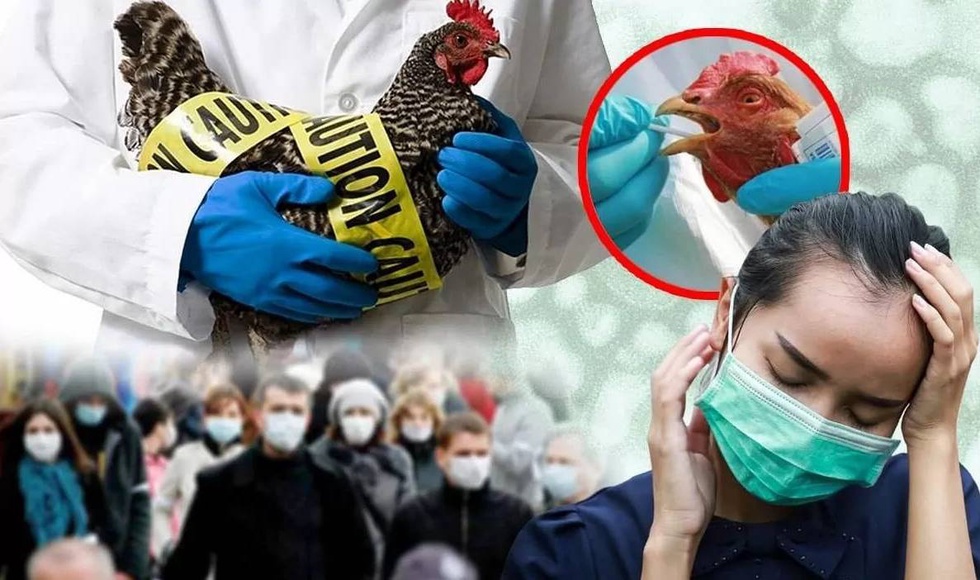The outbreak, which began in 2020, has led to the infection and death of tens of millions of domestic birds. According to the WHO, more recently, the spread of the virus among several species of mammals, including livestock in the United States, has increased the risk of human infection.
"I think this is still a huge concern," Jeremy Farrar, chief scientist at the United Nations health agency, told reporters in Geneva, as quoted by The Guardian.
Variant A (H5N1) has become a "global pandemic of zoonotic diseases among animals," Farrar said. "Of course, the big concern is that by infecting ducks and chickens, and then more and more mammals, this virus is now evolving and developing the ability to infect humans, and then, critically, it may gain the ability to be transmitted from person to person," he added.
Cows and goats were added to the list of H5N1 infected species last month. Previously, they were considered not susceptible to this type of flu. The US authorities recently reported that a Texas resident is undergoing treatment for avian flu after contact with dairy cattle, while 16 herds in six states became infected, apparently after contact with wild birds.
At the moment, there is no evidence that H5N1 is spreading between humans. But when people are infected from animals over the past 20 years, the death rate has been extremely high, since humans do not have natural immunity to the virus. According to WHO, from 2003 to 2024, 889 cases of the disease and 463 deaths among people due to H5N1 were reported in 23 countries, with a mortality rate of 52 percent.












